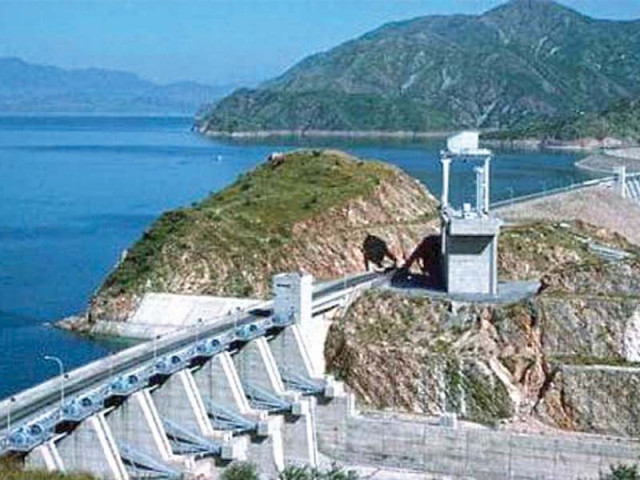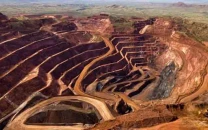Exploiting our untapped hydropower resources
In the words of Hafeez Shaikh, ‘when people demand electricity, they actually mean cheap electricity’.

Pakistan is well endowed with energy resources. An estimated 54 trillion cubic feet of gas reserves have been discovered to date and about 32 trillion cubic feet remain unproduced. About 937 million barrels of oil have been discovered of which about 354 million barrels remain unproduced. Coal reserves are estimated to be about 185 billion tons, nearly all located in the Thar desert of Sindh.
There is always of course the possibility of investing in nuclear power, which is expensive to set up but pays for itself over its life. But the true untapped potential that Pakistan is missing out on, and paying a huge economic cost for, is hydropower. Pakistan has a hydropower potential of about 40,000 megawatts out of which only about 6,450 megawatts have been developed. Based on the current range of alternative fuel costs, 20,000MW are economically exploitable and the rest will also probably become viable as alternative fuel costs rise.
If successive Pakistan governments over the past 20 years had played it smart and managed to get small and large hydropower projects off the launchpad, they would all have been complete by now, or reaching completion. And as a result, instead of a situation where Pakistan faces a peak-load shortage of over 6,000MW, Pakistan would have had surplus power. Translate that into the possible economic gains, considering that the power crisis costs Pakistan about 2% of GDP every year, a figure that is likely to grow in the coming years because there is no mega project that appears to be coming online for at least the next five years. The funny thing here is that Pakistan already has the installed capacity to meet existing demand. But the clincher is that because it is mostly gas or furnace oil generation, output is rarely at capacity.
Gas shortage has become a chronic problem over the last couple of years and the government has failed to, or refused to provide gas to thermal power plants as per their demand, leaving them with no option but to shift to more expensive furnace oil. In this scenario most thermal power plants have remained shut down instead of using furnace oil which increases their generation cost and hits their bottom line.
We can do more than just speed up the construction of new projects. By rehabilitating existing hydropower generation it is possible to add 1,000MW immediately and 800MW to the grid over the next couple of years.
As Finance Minister Hafeez Shaikh said, when people demand electricity, they actually mean ‘cheap electricity’. This is very true. And in Pakistan’s case, unless we can get the international consensus and the finances to go all out in the development of nuclear power, the aim of getting enough electricity as well as cheap electricity only seems to be achievable through the exploitation of the country’s hydropower potential.
In the next piece I will look at how improved efficiency in the power sector can reduce the severity of the problem.
Published in The Express Tribune, June 4th, 2012.





1710175205-0/image-(9)1710175205-0-208x130.webp)













COMMENTS
Comments are moderated and generally will be posted if they are on-topic and not abusive.
For more information, please see our Comments FAQ